A wake is an age-old tradition, a prelude to the final goodbye at a funeral, where friends, family, and acquaintances gather to honor and remember a loved one who has passed away. This event, rich in history and varying in practice across cultures, serves as a bridge between the shock of loss and the solemnity of the funeral service. Understanding answers to the question—what is a wake—and how it differs from a funeral can provide insight into this deeply human response to grief.
Primary Purpose: What is a Wake?
The primary purpose of a wake is to bring together those who were close to the deceased to honor their memory and celebrate their life. It’s a time for sharing stories, expressing emotions, and offering support to one another in a more informal setting than the funeral. Wakes often facilitate the grieving process, allowing mourners to begin coming to terms with their loss through shared sorrow and mutual consolation. It’s an essential step in mourning, providing a sense of closure and community support that can be crucial for healing.
RELATED: Terra McDaniel: Rediscovering Lament—Making Space for Grief
Wake vs. Funeral: Understanding the Difference
While both a wake and a funeral serve to honor the deceased, they differ in formality, structure, and often in purpose. While a wake might be less common than a funeral, some my ask, “What is a wake?” A wake is generally a more informal gathering, sometimes taking place in a family home or a funeral home, where attendees can come and go freely, share memories of the deceased, and offer condolences to the family. There’s often no set program, allowing for a more spontaneous expression of grief and remembrance.
A funeral, on the other hand, is a formal ceremony that can be religious or secular in nature. It usually involves specific rites, including readings, hymns, prayers, and eulogies, culminating in the burial or cremation of the deceased. While a wake focuses on sharing and connection among mourners, a funeral provides a structured setting for officially saying goodbye.
The Origin of the Term “Wake”
The term “wake” has several proposed origins, reflecting the evolution of the practice over time. One common explanation is that it derives from the Old English word “wacu,” meaning “watch” or “vigil.” Historically, wakes involved keeping watch over the deceased until their burial, a practice rooted in both practical concerns and spiritual beliefs. This vigil served as a safeguard against premature burial and was also thought to protect the soul of the deceased from evil spirits until they were safely interred.
Another theory suggests that the term reflects the hope for the deceased to “wake” in the afterlife. Regardless of its exact origins, the term has come to signify a gathering of mourning, remembrance, and support preceding the final farewell at the funeral.



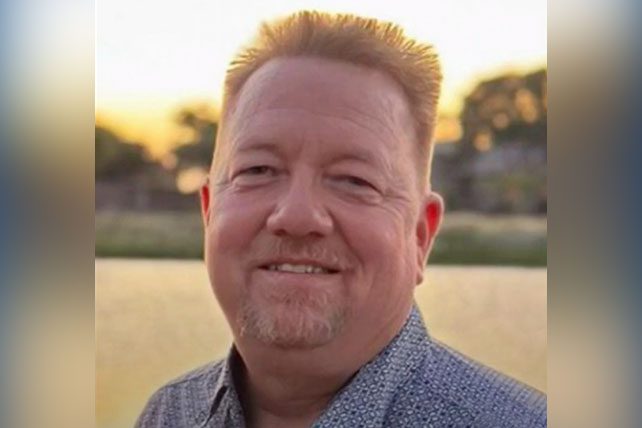



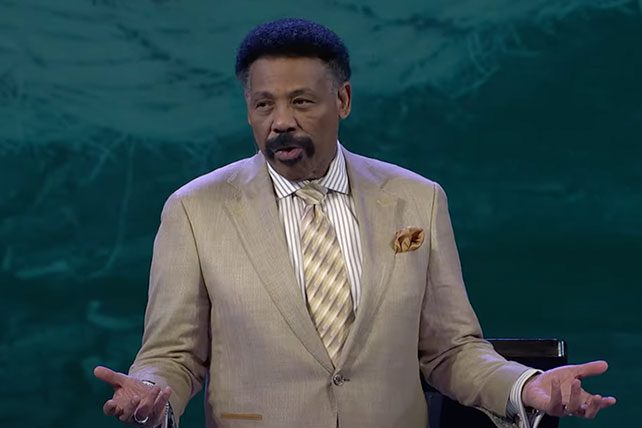


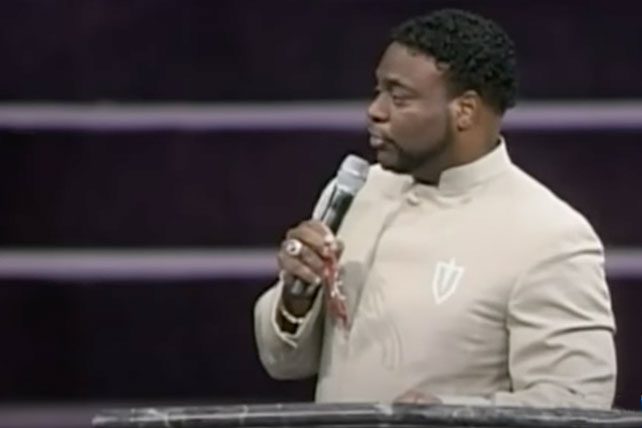

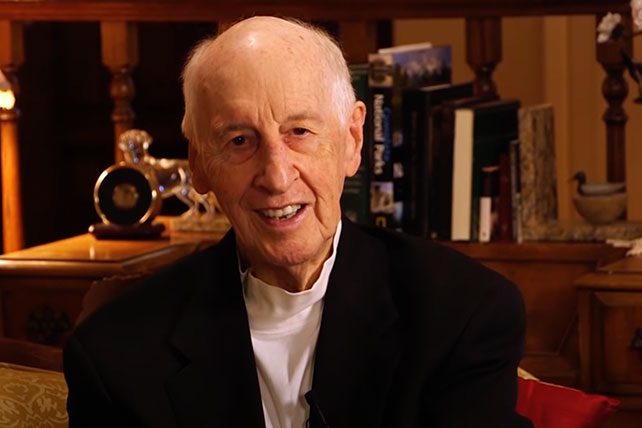




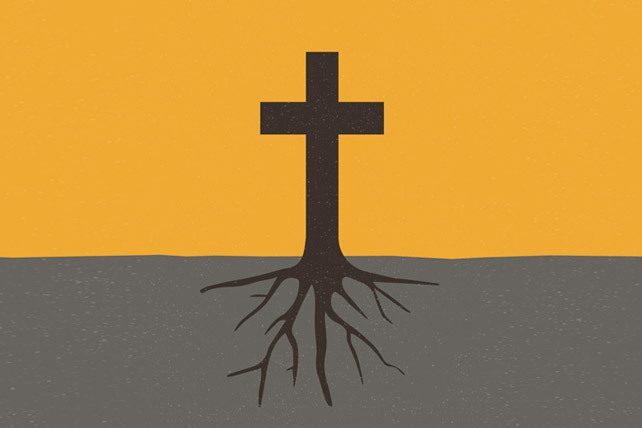
 As
As 









